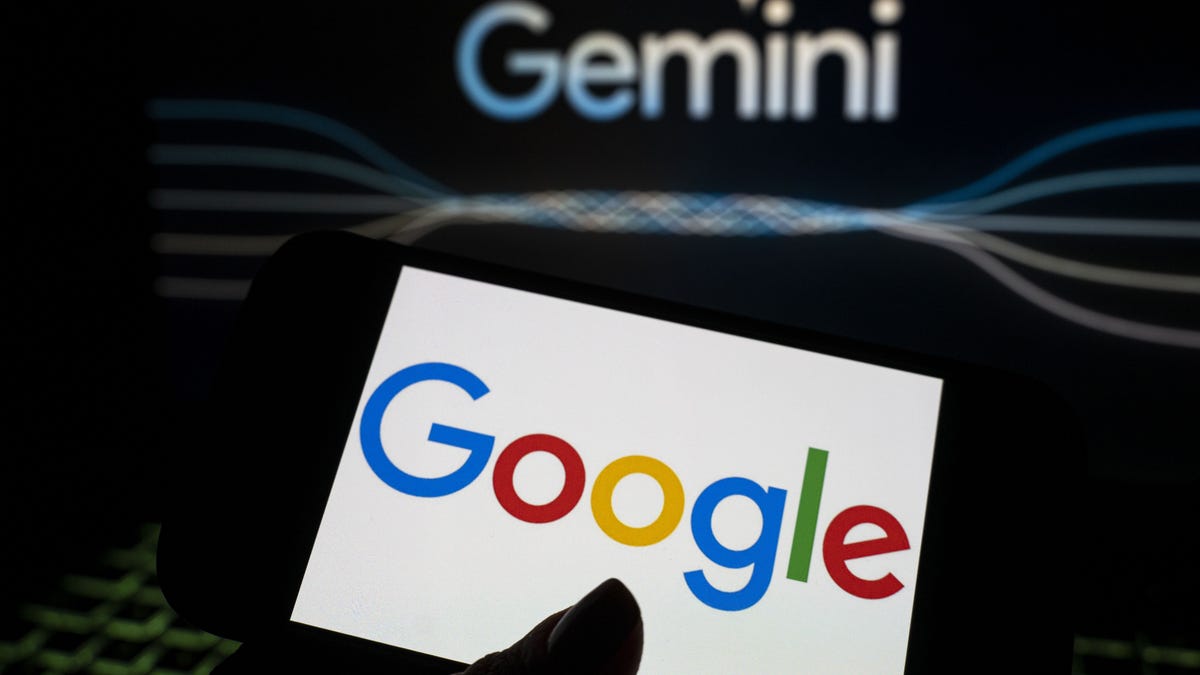In This Story
Google (GOOGL) is purchasing nuclear energy to support its power-hungry artificial intelligence projects.
The tech giant has commissioned several new small modular reactors (SMRs) from Alameda, California-based nuclear power startup Kairos Power, Google parent Alphabet announced Monday. Under the agreement, Google plans to get the first power plant online by 2030, followed by additional reactor deployments through 2035. The deal will add 500 megawatts of power to U.S. electric grids, as it looks to satisfy growing electricity demands from its data centers using carbon-free energy sources.
The company said this “helps accelerate a new technology to meet energy needs cleanly and reliably, and unlock the full potential of AI for everyone.”
The announcement follows an agreement between Microsoft (MSFT) and energy firm Constellation (CEG) last month that will reopen one of the nuclear reactors on Pennsylvania’s Three Mile Island to power Microsoft’s data centers. An independent but neighboring reactor at the nuclear site was home to the the worst meltdown ever at a U.S. commercial nuclear power plant in 1979.
The Microsoft project, known as the Crane Clean Energy Center, is expected to go online in 2028, the company said. It’s expected to provide upwards of 800 MW to the grid.
Google’s partnership with Kairos is its latest effort to scale up its energy capacity, as AI continues to bring energy supply questions to the fore. Last November, Google developed a geothermal project with developer Fervo Energy that supplies power to its data centers in Nevada. The company has said it hopes to entirely operate its data centers and office campuses using 24/7 carbon-free energy by 2030.
Google’s greenhouse gas emissions rose by 48% between 2019 and 2023, it disclosed in a sustainability report earlier this year. Also in 2023, total data center electricity consumption at Google grew 17% — a “trend” it said it expects will continue. Google attributed this surge to increases in data center energy consumption and supply chain emissions, particularly as the company continues to integrate AI into its products.
And this will be an industry-wide adjustment. The International Energy Agency estimated in its latest annual forecast that the total electricity consumption of data centers — which house computing systems — could reach more than 1,000 terawatt hours in 2026.
For scale, a single Google search uses 0.3 watt-hours of electricity, while a request for OpenAI’s ChatGPT takes 2.9 watt-hours, the agency found. If there were 9 billion ChatGPT queries daily, this would require almost 10 terawatt hours of additional electricity in a year.

